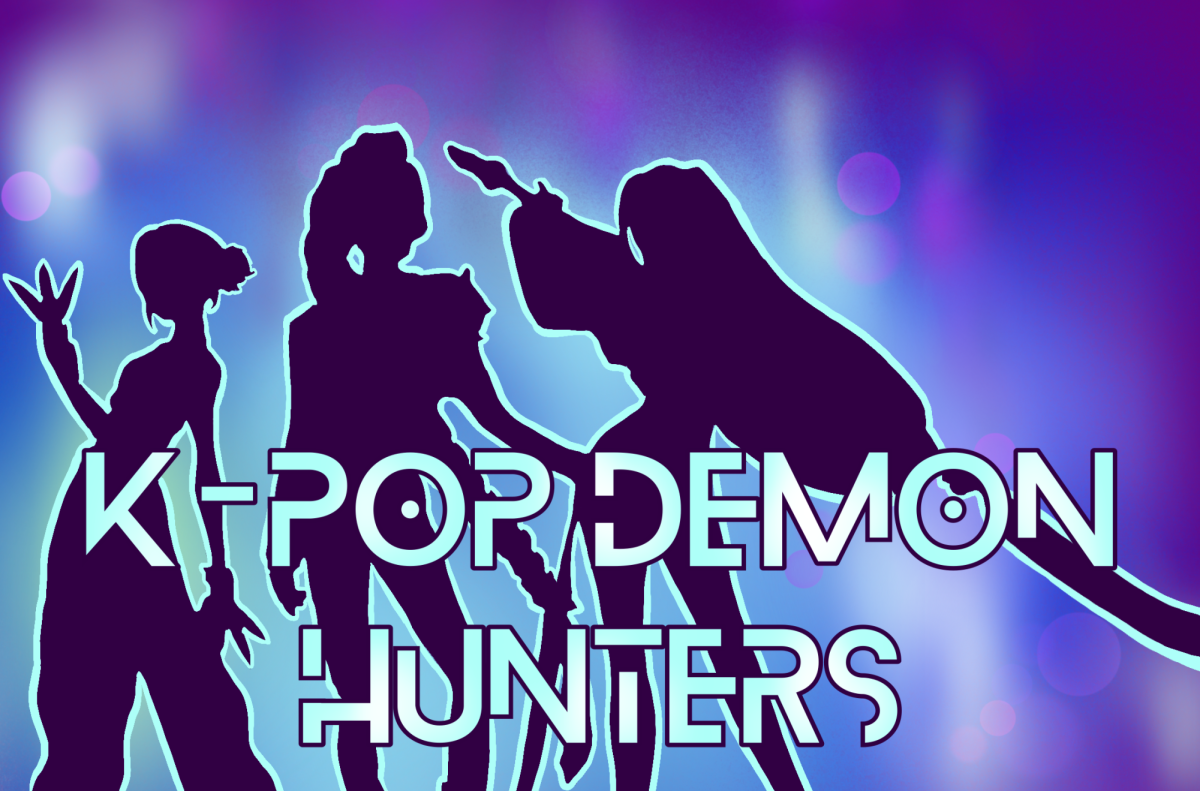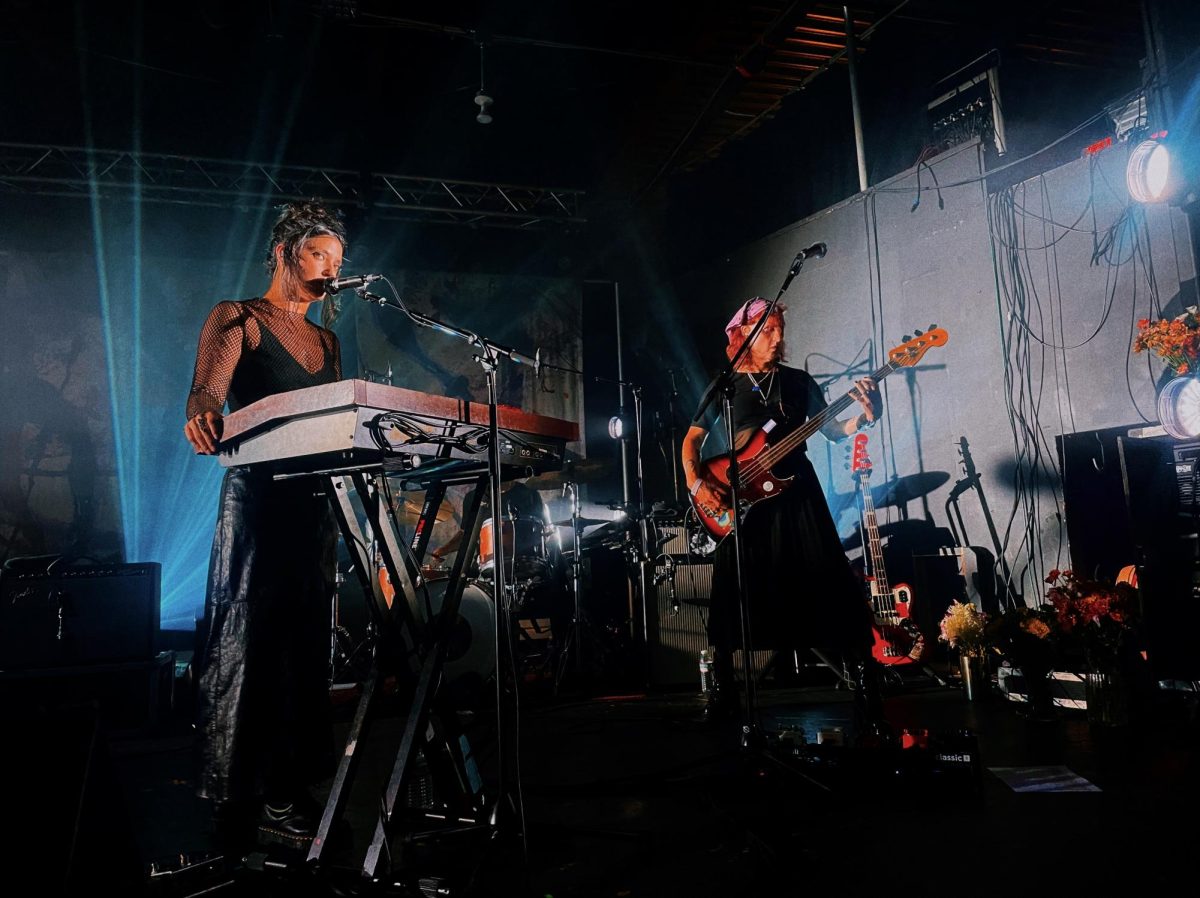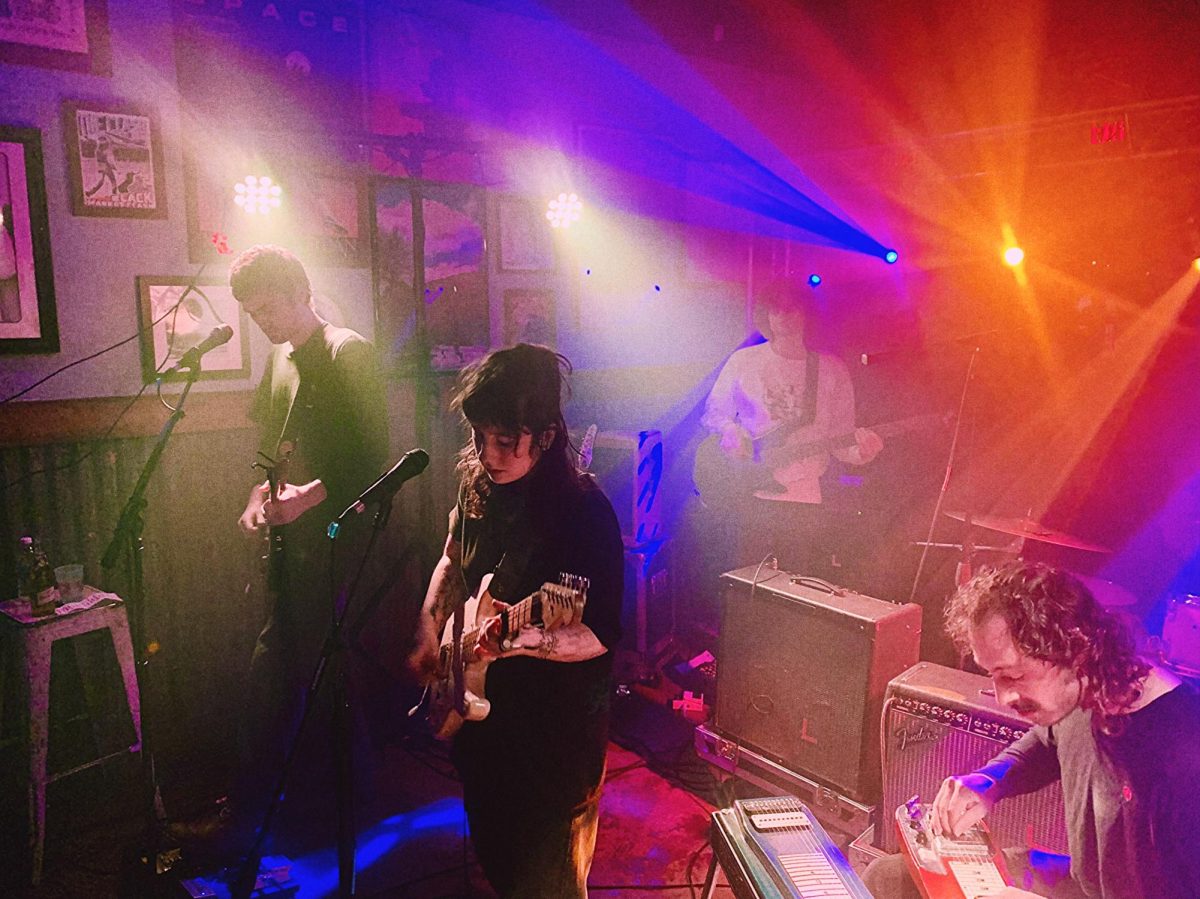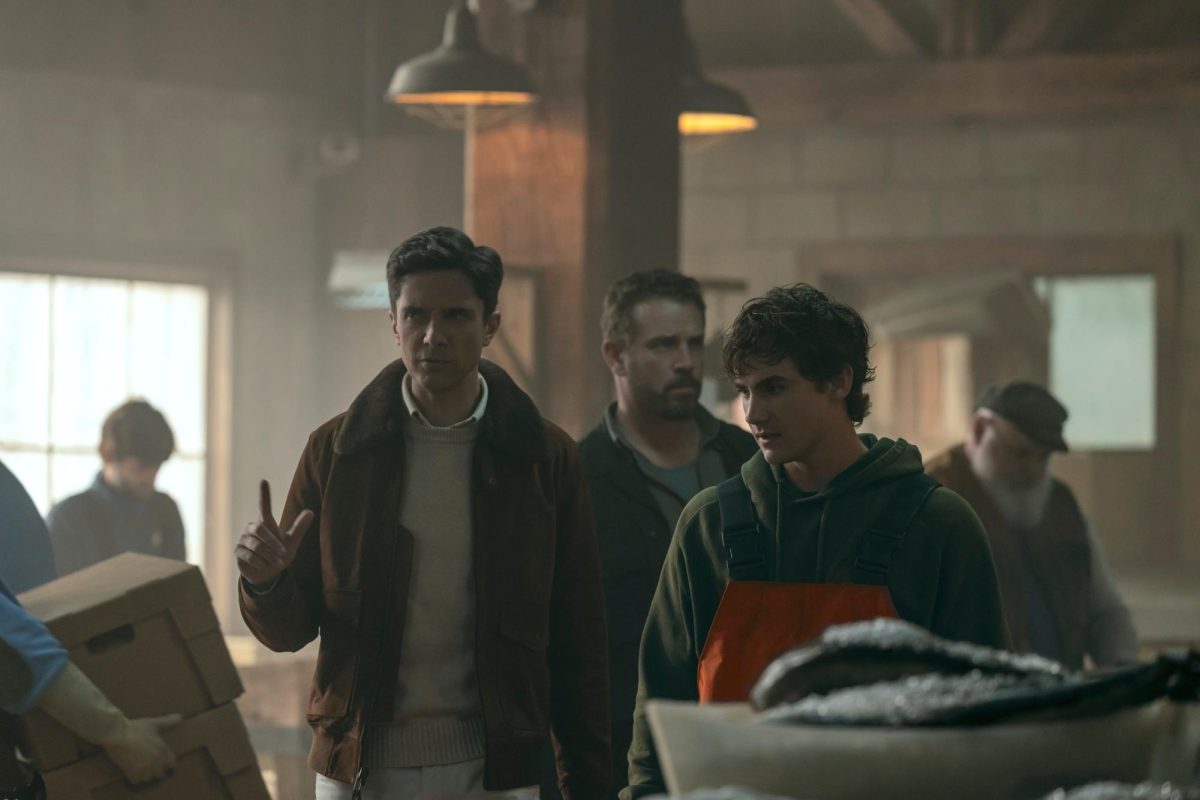On June 20 of this year, Disney and Pixar released “Elio,” an original film about a young boy obsessed with aliens winding up in space and being confused for the ambassador of Earth, into theaters. Their big release of the summer and the only Pixar film this year, the studios were hoping for “Elio” to captivate audiences and add another hit to Pixar’s catalog. Instead, while critics and audiences overall enjoyed it, the film turned out to be a historic disappointment due to a lack of real marketing and general buzz. It made a horrible $35 million in its opening weekend, the lowest in Pixar history, and it has just barely staggered past its $150 million production budget. The film failed to make its money back, let alone make a profit, and it has created worries and skepticism, including backhanded remarks from Disney themselves, about the future of original animated films, including upcoming features from Pixar like “Hoppers” and “Gatto.”
That very same day, Netflix and Sony Pictures Animation released “K-Pop Demon Hunters,” an original film about a trio of young women who serve as renowned K-Pop idols by day and moonlight as fierce demon hunters and protectors of souls. While it suffered from a lack of real marketing outside a single trailer, after its release, the film absolutely exploded in popularity. It topped Netflix’s viewing charts all over the world, overtaking “Red Notice” as the most viewed Netflix original film of all-time. Its soundtrack took the world by storm and slayed record charts including ARIA and Billboard, and it has grown an insurmountable presence on social media and generated an already colossal fandom. It was such a runaway hit that Netflix, notorious for taking a stand against theatrical releases, caved in and released the film in theaters for two days, where it proceeded to win the weekend at the domestic box office handily and sold out almost all theaters screening it.
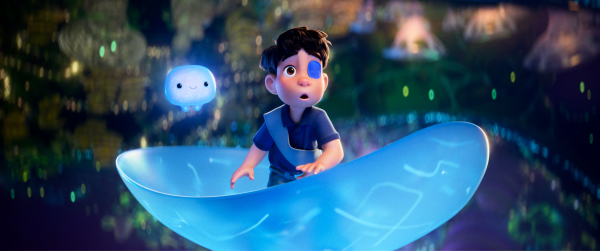
It seems almost impossible, inconceivable. How could a Netflix and Sony original film succeed where the former titans of the animation industry, Disney and Pixar, floundered? And more importantly, how did Sony beat them twice in one fell swoop? Yes, between Pixar’s underachiever “Elio” and Disney’s historic backfire with “Wish,” “K-Pop Demon Hunters” not only succeeded at creating a stupendously successful original feature and summer blockbuster, but an instantly recognizable and beloved animated musical, too.
Let’s first compare “Demon Hunters” with “Wish,” seeing as they are arguably the more interesting comparison. Music is at the core of both films, being musicals and all, but “Wish” almost feels like it is going through the motions. With music written by Julia Michaels and Benjamin Rice, both writers and producers for pop artists including Britney Spears, Gwen Stefani, Selena Gomez, Justin Bieber and others, their talents are utterly wasted on music that doesn’t fit their skills. The songs in “Wish” are trite and forgettable at best, and almost all of them have been picked apart by viewers and music critics for their laughable and borderline illiterate lyrics.
The music in “K-Pop Demon Hunters,” meanwhile, is made by producers and writers for actual K-Pop bands, such as BLACKPINK, Big Bang, 2NE1, Twice (who provide some music for the film, too) and more. This combined with the absolute lyrical genius on display, fitting the themes of the film while sounding just plain catchy, as well as the vocal delights that are Rumi (EJAE, Mira (Audrey Nuna), Zoey (Rei Ami), Jinu (Andrew Choi) and the rest, ensures that every song on the soundtrack is iconic, memorable and just a blast to listen to.
Really, compare “Welcome to Rosas” from “Wish,” which tells you nothing about Asha’s (Ariana DeBose) character and does minimal and clumsy work establishing the world of the film, and “How It’s Done” from “Demon Hunters,” which immediately shows you all three girls, their skills, their goal and so much more, all while just looking and sounding cool. “Golden” serving as a far more insightful and memorable “I Want” song for Rumi and the girls compared to the bog-standard “This Wish,” “Your Idol” humiliating “This is the Thanks I Get?!” in terms of villain songs, “Free” being a downright beautiful duet in comparison to the stilted and awkward “At All Costs” and so on. The comparison of the two in terms of music is night and day, and while “Wish” is nothing special at all, “K–Pop Demon Hunters” excels and will stick in your head for ages after seeing it.
Then there is “Demon Hunters'” direct competition with “Elio.” Aside from the quality of the films themselves, one must consider the surroundings of their release. “Elio” released a week after the remake of “How to Train Your Dragon” and while the remake of “Lilo and Stitch” was still going strong at the box office, in addition to even more competition from non-family efforts like “Ballerina,” that same weekend’s “28 Years Later,” Brad Pitt and Joseph Kosinski’s “F1” the next week and many more. “Demon Hunters,” meanwhile, was released directly on Netflix, so it had no real competition other than audiences simply wanting to watch something else and no major competitors that weekend., and the audiences that did watch the film and loved it were quick to take to social media and recommend the film, allowing word-of-mouth to spread like wildfire. “Elio” did also have word-of-mouth to its name, however, which one would think would be a spot of hope.
It is just a shame said word-of-mouth wasn’t the kind people, especially Disney and Pixar themselves, were hoping for.
In an article by The Hollywood Reporter after the film’s release, it became clear that “Elio” was a doomed project internally at Disney and Pixar. In addition to not only being delayed a year from March 2024 to June 2025 due to the 2023 Hollywood Strikes (and then another brief delay to avoid competing with “How to Train Your Dragon”), the film faced countless production rewrites and other troubles, namely the removal of queer-coded elements and themes that ultimately saw director Adrian Molina step down from the project, although he still retained directorial credit alongside new directors Domee Shi (“Turning Red”) and Madeline Sharafian. There were other reports that arose during this troubled production, from not a single test audience member saying they’d pay to see it in theaters to rumors of the budget ballooning to over $300 million. These problems and the general lack of marketing push for the film ultimately doomed its chances of doing well or leaving an impression, especially since “Demon Hunters” faced no such issues other than being announced four years early and being attached to a controversial genre of music.
It really is impressive how “K-Pop Demon Hunters” not only beat Disney at their own game once in the same weekend, but twice in total. The film not only outclassed “Elio” in its opening weekend despite a completely different release method, but it also beat “Wish” at being an expertly made and immediately iconic animated musical as well. Disney will likely take from these two flops that audiences do not want more original stories, but “Demon Hunters” will hopefully show that audiences simply yearn for more that resonate with them long after watching them.


